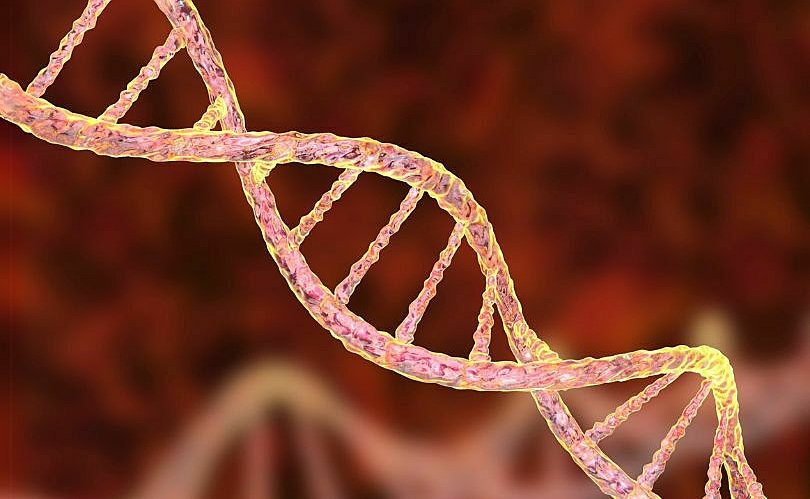In recent years, the role of genetics in mental illnesses such as bipolar disorder has been intensely investigated. Researchers from NeuRA have contributed to a major international study of bipolar disorder genetics. The new study, recently published in the world’s leading multidisciplinary science journal, Nature, resulted in a vast expansion in the number of genetic signals associated with the condition, providing new insights into its underlying biology.
The Psychiatric Genomics Consortium includes over 800 researchers, 150 institutions and 40 countries. Together they have conducted the largest gene discovery study to date, involving more than 2.9 million participants and identifying 298 regions of the genome that increase the risk for bipolar disorder.
Australian researcher and NeuRA Principal Research Scientist, Associate Professor Jan Fullerton said the study aimed to learn more about the underlying biology of bipolar disorder and to reveal pathways to more effective treatment.
“Bipolar disorder is a complex psychiatric disorder affecting 40 to 50 million people worldwide, but much of the genomic discovery research to date has focused on patients of European background, which limits the clinical translation of genomic signatures,” Assoc Prof Fullerton said.
“Expanding the study design of the previous work which was conducted in 2021, to include seven times more study participants and include individuals of diverse ancestral backgrounds, has led to a four-fold increase the number of regions of the genome which are suspected to be relevant to bipolar.”
The study has mapped specific signals to 36 ‘credible’ genes that lie in 28 of the 298 genomic regions, which suggests a possible role for neurons in the prefrontal cortex and hippocampus of the brain, as well as specific cells in the large intestine and pancreas, although more research is necessary to understand the biology.
“While the identification of the 36 key genes is a great leap forward, there is much work to be done to explore how these may help with the development of new treatments and personalised medicine, and of course to map the 270 other genetic signals to better understand the biology,” Assoc Prof Fullerton said.
Read the full paper here: https://www.nature.com/articles/s41586-024 – 08468‑9




